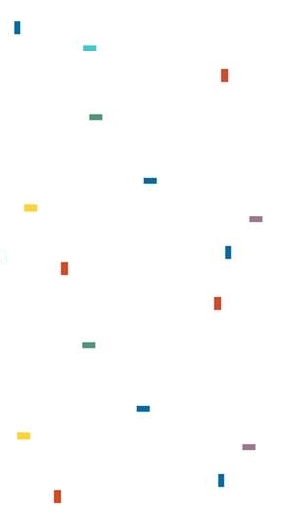CFP: Democratic Education Revisited: The Approach of Pragmatism
University of St. Gallen, Switzerland.
June 9–11, 2022.
Organized by Prof. Dr. Michael G. Festl on behalf of the John Dewey-Center Switzerland at the University of St. Gallen.
Since the middle of the 20th century many liberal philosophers have been skeptical of fostering values through public education. The state in general, and its educational institutions in particular, were supposed to be neutral regarding theories of the good. Given the abuses of totalitarian regimes, this seemed a necessary adjustment to preserve the freedom of individuals. Indoctrination was to be avoided at all cost. This is true not only for philosophers who are, like F.A. Hayek, wary of state intervention in general. It is also characteristic of the work of John Rawls whose influence on political philosophy today can hardly be overestimated. While Rawls was not afraid of economic redistribution, he was adamant about keeping public education as free from instilling a liberal and/or democratic worldview as possible. Most of all, the state must renounce on favoring any specific theory of the good. This includes, Rawls says, the liberalism of John Stuart Mill as well as Immanuel Kant’s emphasis on autonomy.
Given the recent undermining of the democratic nation state and its liberal foundations – there is no need to list the by now notorious examples –, the idea suggests itself that this educational abstinence has been one of the drivers of this crisis of democracy. After all, a significant number of people seem to no longer support the democratic nation state with its traditional allegiances, like, to rely on facts, to be critical of the sources of information, to form an understanding of the opinions of those one disagrees with, to accept the outcome of elections, etc. So, has liberalism gone too far in abstaining from educating for democratic values and the virtues of liberalism? Do we need public education – in schools, universities, and in adult education – that consciously fosters democratic values and liberal theories of the good? And if so, how could this education look like and what distinguishes it from the indoctrination of totalitarian regimes?
Organized by the John-Dewey-Center Switzerland the conference naturally blends these questions into the question whether Dewey’s thoughts on democratic education (especially his Democracy and Education from 1916), largely bypassed by Rawls and his followers, deserve renewed interest. The question also applies to Amy Gutmann’s Democratic Education from 1987. Although Gutmann ultimately rejects Dewey’s version of democratic education as too perfectionist because Dewey claims that ‘what the best and wisest parent wants for his own child, that must the community want for all of its children’, Gutmann explicitly builds on Dewey’s ideas and breaks, to some extent at least, with the liberal mainstream abstention from democratic education that emerged in the middle of the 20th century.
Keynote Speakers: Julian Culp (Paris), Andrea English (Edinburgh), Jeff Frank (Canton, NY), Joshua Forstenzer (Sheffield), David L. Hildebrand (Denver), Katariina Holma (Oulu), Natalia Rogach Alexander (New York), Maura Striano (Naples).
There is a limited number of spots available for papers pertinent to the topic of the conference (all talks will be on-site; no zoom). Young scholars are especially encouraged to apply. We are committed to creating a friendly and vibrant environment where to receive constructive feedback and inspiration. If you are interested, please send an abstract (word or pdf) of no more than 400 words to michael.festl@unisg.ch by 31 January 2022 or earlier. We will notify you whether you can take part in the conference by the end of February.

[…] Professor of Education Jeff Frank will give the keynote address at a conference organized by the John Dewey Center in St. Gallen, Switzerland, in June 2022. The conference will […]
Hi, friends,
I am interested in attending the meeting. I want to know whether it will be open to visitors. Also, can you tell me where the conference attendees and speakers will be staying so that I can arrange lodgings? I will be paying my own expenses.